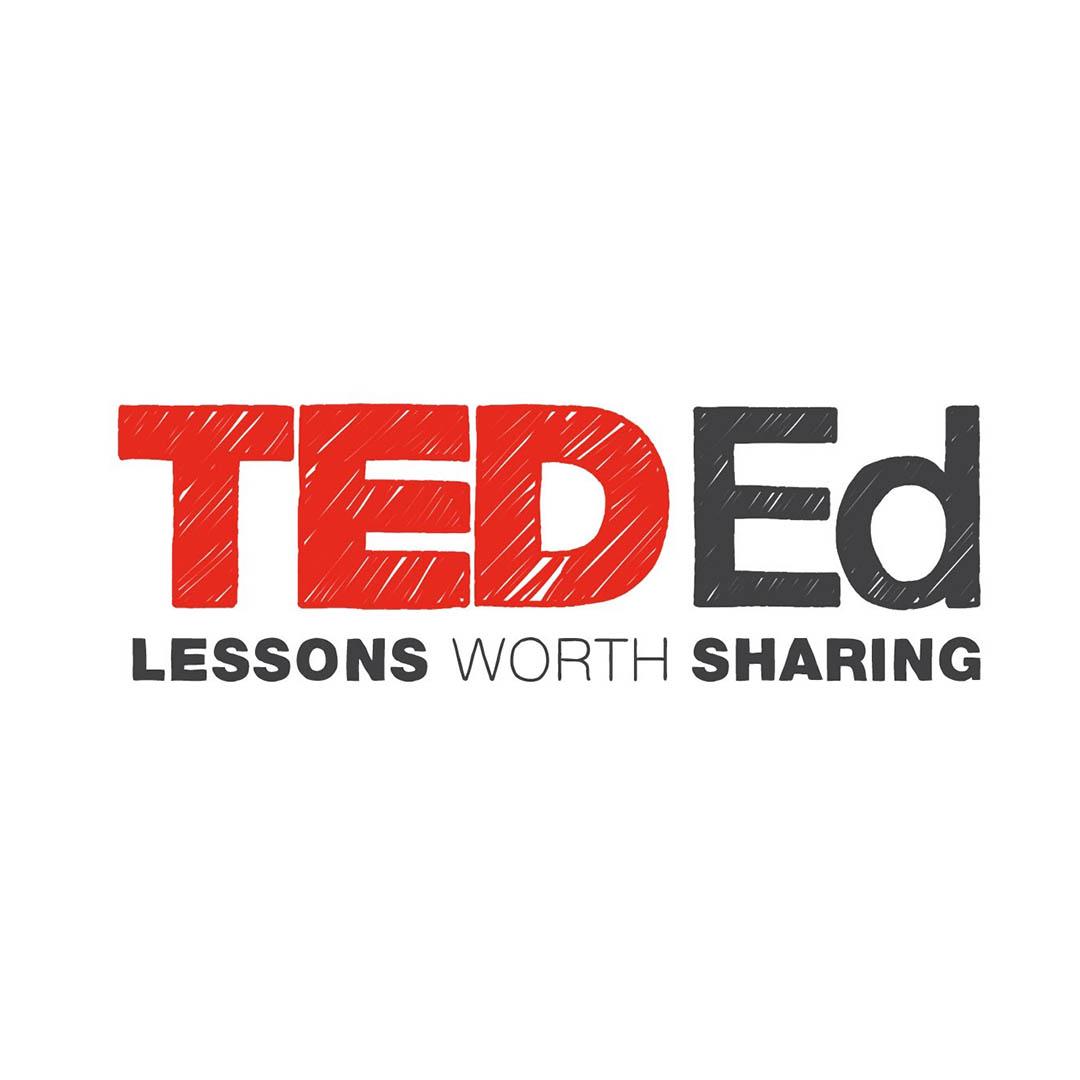What would happen if you didn’t sleep? - Claudia Aguirre
View full lesson: http://ed.ted.com/lessons/what-would-happen-if-you-didn-t-sleep-claudia-aguirre In the United States, it’s estimated that 30 percent of adults and 66 percent of adolescents are regularly sleep-deprived. This isn’t just a minor inconvenience: staying awake can cause serious bodily harm. Claudia Aguirre shows what happens to your body and brain when you skip sleep. Lesson by Claudia Aguirre, animation by TED-Ed.
